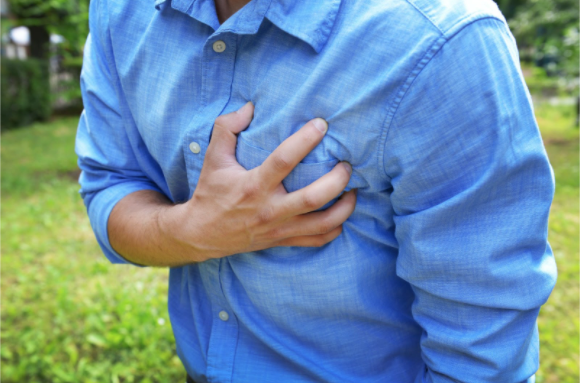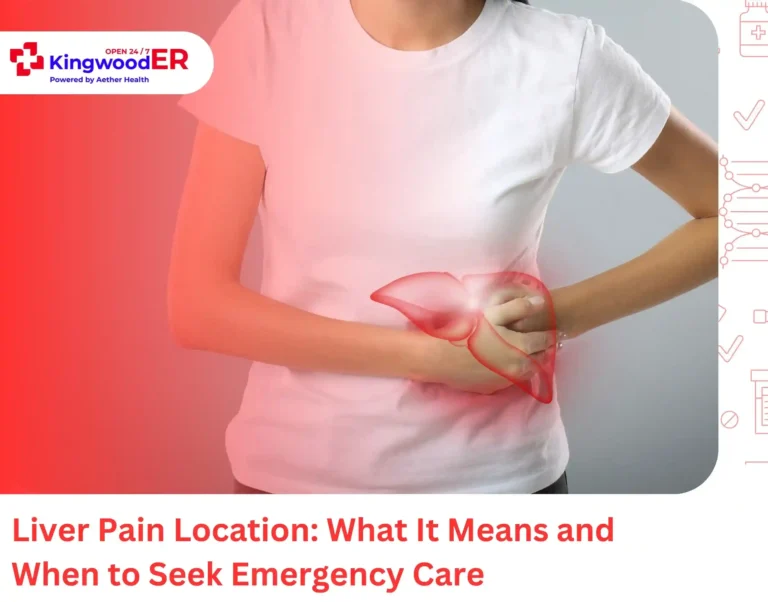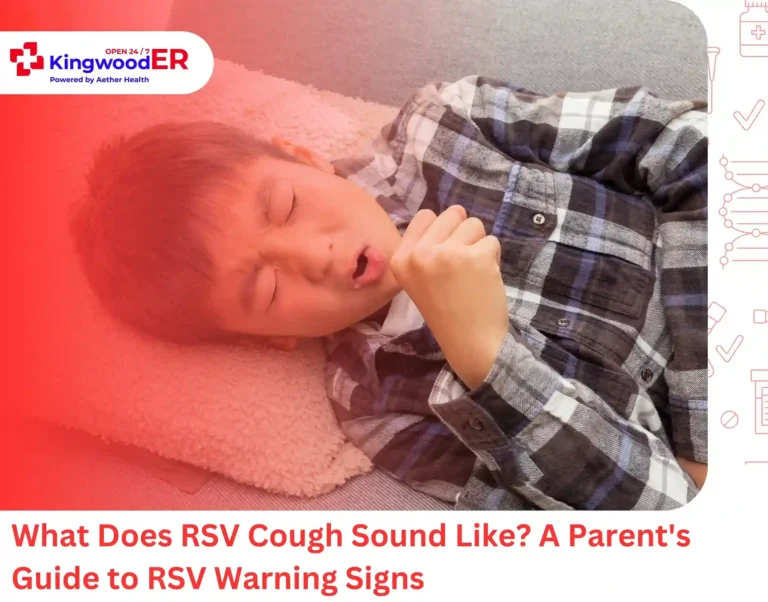Nothing is quite as concerning as chest pain, likely because we all know it can be due to some serious conditions that are oftentimes very urgent. However, the causes are wide-reaching, and they’re not always due to what you might expect. Let’s go over the different types of chest pain and some conditions that can cause it.
Types of Chest Pain
There are many types, and some of the words used to describe it include:
- stabbing
- throbbing
- dull
- sharp
- a feeling of fullness
- a feeling of pressure
- burning
With all these types of pain, it makes sense that many different things can cause it.
The conditions and diseases that cause pain of chest can be divided into four main causes: heart, digestive system, muscle/bones, and lungs.
Heart-Related Causes
This includes the most commonly known causes and consists of the following conditions:
- Heart Attack – caused by a blockage in the blood flow to the heart, typically due to a blood clot
- Angina – a term for pain of chest that results from poor blood flow to the heart. Often, angina results from a buildup of plaque along the artery walls, narrowing the arteries and limiting the amount of blood that can flow through at any time.
- Pericarditis – this is the inflammation of the sac surrounding the heart and can cause a sharp pain that worsens when lying down or breathing in.
Digestive System-Related Causes
- Heartburn – a common condition; when this occurs, there is a painful, burning sensation behind the breastbone, caused by stomach acid that creeps back up into the esophagus.
- Gallbladder or Pancreas Problems – if the gallbladder or pancreas are inflamed, or you have gallstones, they can result in abdominal pain that radiates to the chest.
Lung-Related Causes
- Pulmonary embolism – this occurs when there is a blockage in the artery that leads to the lung, blocking blood flow into the lung tissue.
- Collapsed Lung – this type of pain often begins suddenly but lasts for hours. It results when air leaks into the space between the lung and ribs and are often accompanied by shortness of breath.
- Pleurisy – this occurs when there is inflammation of the membrane that covers the lungs, and this type of chest pain often worsens when inhaling or coughing.
- Pulmonary hypertension – a term for high blood pressure in the arteries of the lungs that can result in pain of chest.
Muscle/Bone-Related Causes
- Injured Ribs – ribs that are bruised or broken can cause chest pain.
- Costochondritis – this occurs when the cartilage of the rib cage becomes inflamed, and it can be a painful condition.
- Sore Muscles – syndromes such as fibromyalgia can cause persistent pain of chest due to sore muscles.
Other Causes
The above are the four main categories of chest pain, but there are additional causes.
One such example is anxiety or a panic attack, which can cause chest pain along with other symptoms such as a rapid heartbeat, shortness of breath, and nausea.
Another possible cause of chest pain is nerve pain, whether from trauma or infections such as shingles.
If you are experiencing any type of chest pain, you should seek immediate medical attention.
At Aether Health – Kingwood ER, we can help you determine the cause of your chest pain at any time of day, helping you feel better, faster.




